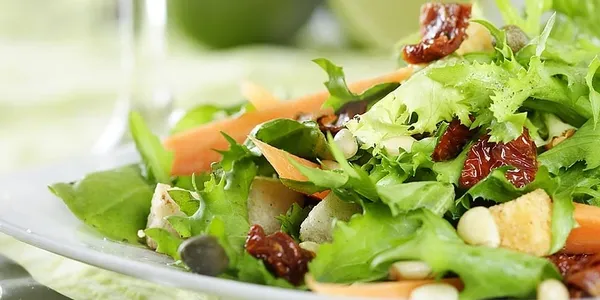Halal services play a vital role in the UK. They ensure that products and services comply with Islamic dietary laws. This is crucial for the Muslim community, which relies on these services for daily needs. From food to cosmetics, Halal services UK guarantees that products are permissible and safe.
What is Halal?
Halal means “permissible” in Arabic. It refers to what is allowed under Islamic law. For food to be halal, it must meet specific criteria. These include the type of food, how it is prepared, and how it is processed. Halal also extends to other products like cosmetics, pharmaceuticals, and personal care items.
Importance of Halal Certification
Halal certification is essential for several reasons. It provides assurance that products meet Islamic standards. This is important for Muslims who want to adhere to their faith. Certification also helps businesses reach a broader market. It ensures that products are free from non-halal ingredients and contamination.
Halal Food Services
Halal food services are a major part of halal certification. They ensure that food products comply with Islamic dietary laws. Here are some key aspects:
- Slaughtering Process: Animals must be slaughtered in a specific manner. This includes reciting a prayer and ensuring the animal is healthy.
- Ingredients: All ingredients must be halal. This means no pork, alcohol, or any harmful substances.
- Preparation and Handling: Food must be prepared and handled with clean equipment. This prevents contamination from non-halal substances.
Halal Certification Bodies in the UK
Several organisations in the UK provide halal certification. They inspect and certify products to ensure compliance with Islamic laws. Some well-known bodies include:
- Halal Monitoring Committee (HMC): Known for strict standards and thorough inspections.
- Halal Food Authority (HFA): Provides certification for various food products and services.
- Halal Certification Europe (HCE): Offers certification for a wide range of products, including food, cosmetics, and pharmaceuticals.
Halal Cosmetics and Personal Care
Halal certification is not limited to food. It also applies to cosmetics and personal care products. These products must not contain any non-halal ingredients. This includes alcohol and animal-derived substances not slaughtered according to Islamic law. Halal-certified cosmetics ensure that Muslims can use them without compromising their faith.
Halal Pharmaceuticals
Pharmaceuticals also fall under halal certification. Medicines must not contain any non-halal ingredients. This includes gelatin from non-halal sources and alcohol. Halal-certified pharmaceuticals ensure that Muslims can take their medication without concern.
Benefits of Halal Services
Halal services offer numerous benefits:
- Trust and Assurance: Certification provides assurance that products comply with Islamic laws.
- Market Expansion: Businesses can reach a larger market by offering halal-certified products.
- Quality Control: Halal certification often involves rigorous inspections, ensuring high-quality products.
- Consumer Confidence: Halal certification builds consumer trust and loyalty.
How to Obtain Halal Certification
Obtaining halal certification involves several steps:
- Application: Businesses apply to a halal certification body.
- Inspection: The certification body inspects the premises and processes.
- Compliance: Businesses must comply with halal standards in all aspects of production.
- Certification: Once compliance is confirmed, the business receives halal certification.
- Regular Audits: Regular audits ensure ongoing compliance with halal standards.
Challenges in Halal Certification
Despite the benefits, there are challenges in halal certification:
- Complex Regulations: Halal standards can be complex and vary between certification bodies.
- Costs: Certification can be costly, especially for small businesses.
- Maintaining Compliance: Ensuring continuous compliance with halal standards requires constant vigilance.
The Future of Halal Services in the UK
The demand for halal services in the UK is growing. As the Muslim population increases, so does the need for halal products. Businesses are increasingly recognising the importance of halal certification. This trend is likely to continue, with more products and services becoming halal-certified.
Also Read:https://www.universalhalalauthority.com/contact
Conclusion
Halal services in the UK play a crucial role in ensuring that products comply with Islamic laws. From food to cosmetics and pharmaceuticals, halal certification provides assurance and trust. It helps businesses reach a broader market and ensures high-quality products for consumers. As the demand for halal services grows, the future looks promising for halal certification in the UK.
